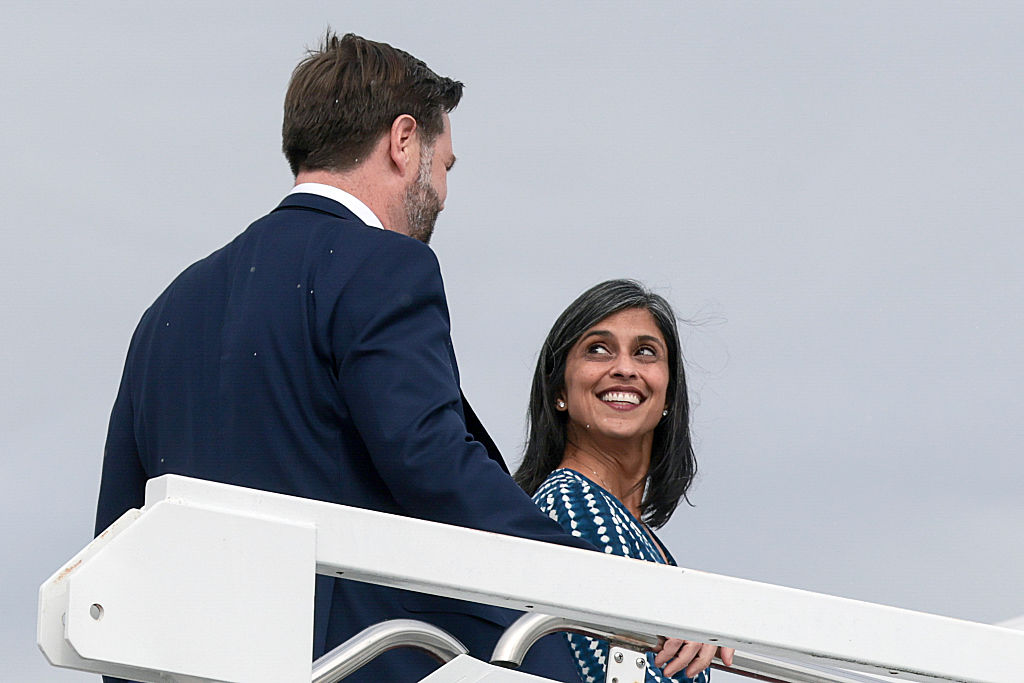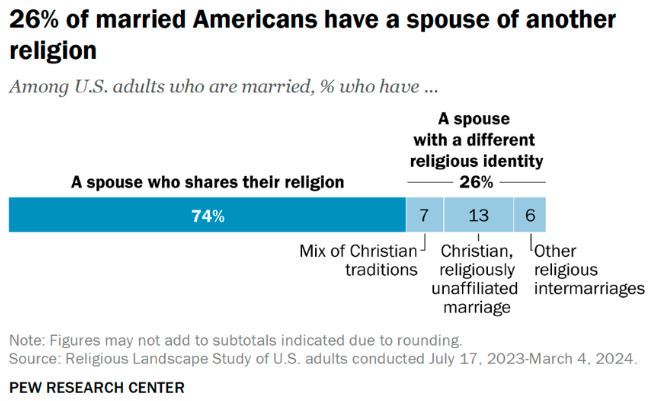Vice President JD Vance and Charlie Kirk’s widow, Erika Kirk, spoke at The University of Mississippi on Wednesday night, keynoting the “This is The Turning Point” Turning Point USA tour stop.
Students happily lined up in the cold and rain at Ole Miss hours before the event began, wearing “Freedom” shirts in tribute to the slain TPUSA founder.
“We’re honoring Charlie Kirk and his message to the world and I think that it’s really important as a student to stand for what you believe in so that’s why I’m here, and we’ve been standing in the rain,” one student shared.
Vice President Vance began his remarks by repeating advice Charlie would frequently give to young people: “The most important advice he ever gave you was fall in love, get married and start a family. I can’t honor Charlie without repeating that most important advice.”
Vance talked about his own family life, noting his wife, Usha Vance, was present in the audience.

“The one regret. The only regret that I really have in my entire life, and I’ve made plenty of mistakes, but the one regret that I have is that, frankly, I wish we had started having kids sooner,” the vice president admitted.
He joked that some students at Ole Miss are known to party until the early hours of the morning. “The thing that I have learned in my old age, is that incredible energy, God actually meant it for another purpose,” the vice president counseled. “And that purpose was to help take care of a family. So, while you’re young, have those babies if you’re able to.”
During the question-and-answer session, Vance was asked about his interfaith marriage and how he and his wife navigate their relationship. Usha Vance grew up in a Hindu family.
“When I met my wife, I would [have] consider[ed] myself an agnostic or an atheist. And that’s what I think she would have considered herself as well,” Vance shared.
In August 2019, prior to being elected to the U.S. Senate in 2022, Vance converted to Christianity and was baptized and confirmed into the Catholic faith.
“You know, everybody has to come to their own arrangement here,” Vance answered. “The way that we’ve come to our arrangement is, [Usha’s] my best friend, we talk to each other about this stuff.”
“So, we’ve decided to raise our kids Christian,” he continued. “Our two oldest kids, they go to a Christian school. Our eight-year-old did his first communion about a year ago. That’s the way that we’ve come to our arrangement.”
Vance also acknowledged that he’d love for Usha to accept the Gospel and become a Christian too:
Most Sundays Usha will come with me to church. As I’ve told her … I hope eventually that she is somehow moved by the same thing that I was moved in, by Church. I honestly, I do wish that.
I believe in the Christian Gospel, and I hope eventually my wife comes to see it the same way.
“My attitude is, you figure this stuff out as a family, and you trust in God to have a plan, and you try to follow it as best as you can,” he concluded.
You can watch a brief clip of his remarks below:
According to the Pew Research Center, 26% of married U.S. adults say their spouse has a religious identity different from their own, including:
- 13% of married U.S. adults who are Christians paired with a religiously unaffiliated spouse, or vice versa.
- 7% of married U.S. adults who are Christians and whose spouse is part of a different Christian tradition, such as a Catholic married to a Protestant.
- 6% of married people who are in other types of interfaith pairings, such as between a Jew and a Catholic, or between a Muslim and a religious “none.”

Photo Credit: Pew Research Center
For Christians living with a non-Christian spouse, we at Focus on the Family generally share a few principles to keep in mind:
- Be patient. Remember God loves your spouse even more than you.
- Don’t stand in the way. Model your behavior after Christ’s.
- Be authentic. Share your faith and your concerns with your spouse.
- Stay balanced. Keep perspective about your spouse’s good qualities.
- Examine the reasons. Seek to understand the underlying reasons for your spouse’s skepticism.
Above all, Christians should also pray for their spouse’s conversion.
As the Apostle Paul writes, “For how do you know, wife, whether you will save your husband? Or how do you know, husband, whether you will save your wife? Only let each person lead the life that the Lord has assigned to him, and to which God has called him” (1 Corinthians 7:16-17, ESV).
If you’d like additional perspective, prayer or guidance, please give us a call. One of our caring Christian counselors would consider it a privilege to walk alongside you and offer you support and encouragement – free of charge.
To speak with a family help specialist or a free one-time counseling consultation, please call us at 1-800-A-FAMILY (232-6459).
Related articles and resources:
Counseling Consultation & Referrals
Mere Apologetics: How To Help Seekers And Skeptics Find Faith
Surviving a Spiritual Mismatch
Living With a “Spiritually Mixed” Marriage
Speaking Peace into Chaos in a Troubled Culture
Six Effective Conversations for Sharing the Gospel
VP Vance: ‘Better to Be Persecuted Than Deny the Kingship of Christ’
VP Vance: ‘The Most Important Truth’ Charlie Kirk Told is Jesus is Lord
Erika Kirk: ‘Charlie Loved God’s Design for Marriage and Family’
Photo from Getty Images.











